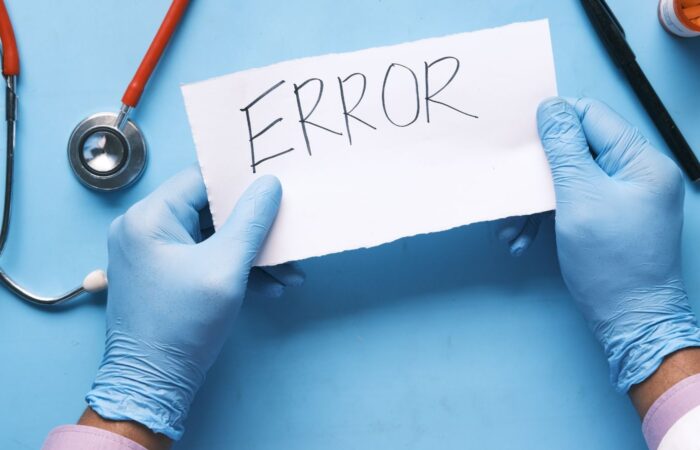Title: The Vital Lifeline: Why Continuous Education is Crucial for Healthcare Providers
In the rapidly evolving landscape of healthcare, staying current with the latest advancements, research, and best practices is not just a choice; it’s a necessity. Healthcare providers, from doctors and nurses to pharmacists and therapists, are entrusted with the well-being of their patients. Therefore, the importance of continuous education cannot be overstated. In this blog post, we will delve into the reasons why continuous education is crucial for healthcare providers.
Keeping Pace with Medical Advancements
Healthcare is an ever-evolving field, with new treatments, technologies, and medications constantly emerging. Continuous education allows healthcare providers to stay up-to-date with these developments, ensuring that patients receive the most current and effective care possible. For example, the COVID-19 pandemic brought about rapid changes in treatment protocols and vaccine distribution. Continuous education enabled healthcare providers to adapt quickly and save lives.
Enhancing Patient Safety
Patient safety is paramount in healthcare. Continuous education helps healthcare providers improve their skills and knowledge, reducing the likelihood of medical errors. It also keeps them informed about new safety protocols and guidelines, ultimately leading to better patient outcomes.
Adapting to Changing Regulations
Healthcare is subject to a myriad of regulations and compliance standards. Continuous education ensures that healthcare providers remain compliant with these ever-changing rules and regulations, avoiding legal issues and penalties. Staying informed about healthcare laws and regulations is not only essential for the provider but also for the safety and well-being of the patients.
Improving Diagnostic Accuracy
Accurate and timely diagnosis is the cornerstone of effective healthcare. Continuous education allows healthcare providers to sharpen their diagnostic skills, learn about new diagnostic tools, and stay updated on the latest research findings. This results in quicker and more precise diagnoses, ultimately benefiting patients.
Enhancing Patient-Centered Care
The healthcare industry is increasingly emphasizing patient-centered care. Continuous education helps healthcare providers develop better communication skills, empathy, and cultural competence. These soft skills are vital for building strong patient-provider relationships and ensuring that patients are actively involved in their healthcare decisions.
Managing Chronic Conditions
Many patients today suffer from chronic conditions that require ongoing care. Continuous education equips healthcare providers with the knowledge and skills to effectively manage these conditions. For example, a nurse specializing in diabetes care may need to continuously update their knowledge as new treatments and technologies emerge.
Promoting Research and Innovation
Continuous education fosters a culture of research and innovation within the healthcare community. Healthcare providers who engage in ongoing learning are more likely to contribute to medical research, develop new treatments, and improve existing healthcare practices.
Career Advancement
Continuous education can open doors to career advancement opportunities within the healthcare field. Many healthcare organizations value employees who invest in their professional development and are more likely to offer promotions and leadership roles to those who demonstrate a commitment to ongoing learning.
Fostering Resilience
Healthcare can be emotionally taxing, and providers often face burnout and stress. Continuous education can provide healthcare professionals with coping strategies, stress management techniques, and mental health support, helping them build resilience and maintain their well-being.
Maintaining Professionalism
Finally, continuous education is a cornerstone of professionalism in healthcare. It demonstrates a commitment to ethical standards, patient care, and the advancement of the field. Patients trust healthcare providers who invest in their ongoing education and are more likely to seek their services.
Conclusion
Continuous education is not just important for healthcare providers; it is essential. It ensures that healthcare professionals stay informed, skilled, and capable of providing the highest level of care to their patients. In a rapidly changing healthcare landscape, the commitment to lifelong learning is not just a choice—it’s a lifeline that ensures the well-being of patients and the success of healthcare providers in their careers. Continuous education isn’t an option; it’s a professional responsibility and a testament to the dedication of healthcare providers to their patients and their profession.





